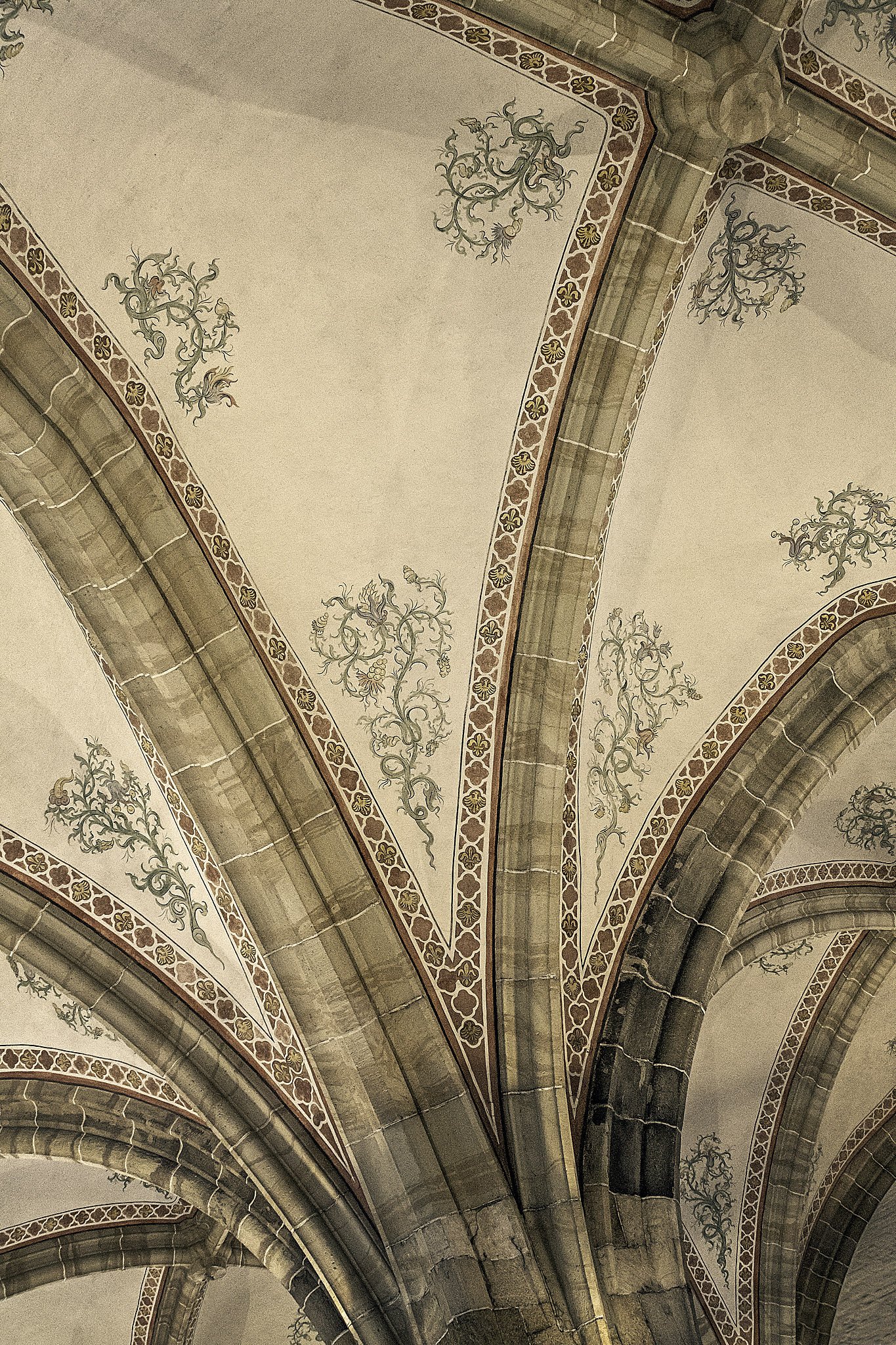Rathaus Town Hall, Aachen, Germany


Charlemagne decided to build his palace on the site of the Roman temple in Aachen, it was to be one of the largest and most important palaces in Europe. The location of Aachen was geographically and strategically advantageous. It also offered extra comforts because of its hot springs, and woods rich with wildlife. Aachen was referred to for the first time as the royal palace on the 13th of January 769.
The Granus Tower is the oldest building in Aachen and dates from 788. Today it is 21 meters in height, and was part of the Carolingian palace built by Charlemagne. In its basement there was a Roman style toilet, and its upper floors could be heated.
At the beginning of the 14th Century, the citizens of Aachen built an impressive town hall which was in the style of Dutch secular architecture. The Town Hall is built on the remains of Charlemagne’s palace, with the Granus Tower being all the remains of the original building. The new Town Hall was completed in 1349 for the Coronation of Charles IV.
The Town Hall underwent conversion in the Baroque period, after much of the building was destroyed by fire in 1656. After the building was neglected under the French (1784-1814) and Prussian (from 1815) rule, work began again from the mid- 19th Century onwards. These changes embraced the Neo Gothic fashion of the time.
The Coronation Hall of Aachen Palace is located on the upper floors, and forms the centre of the Town Hall. Although the room has undergone changes, it was the space where all rulers from 1349 to 1531 had their coronation meal, after the coronation ceremony in the cathedral. It was also called the Imperial Hall, or the Emperor’s Hall, and measures 45 meters by 18.5 meters. The hall was once the largest secular hall in the Roman Empire.
Today we tend to look back on Charlemagne as some heroic, iconic figure who tried to unify Europe, long before there was a European Union. We need to remember he was primarily a man of his time - an early medieval King, who wanted to expand his territory at almost any cost. Other Kings had come to their thrones well positioned, but few, if any, ever made the most of their advantages in the way that Charlemagne did. Having himself created Holy Roman Emperor was political genius.




